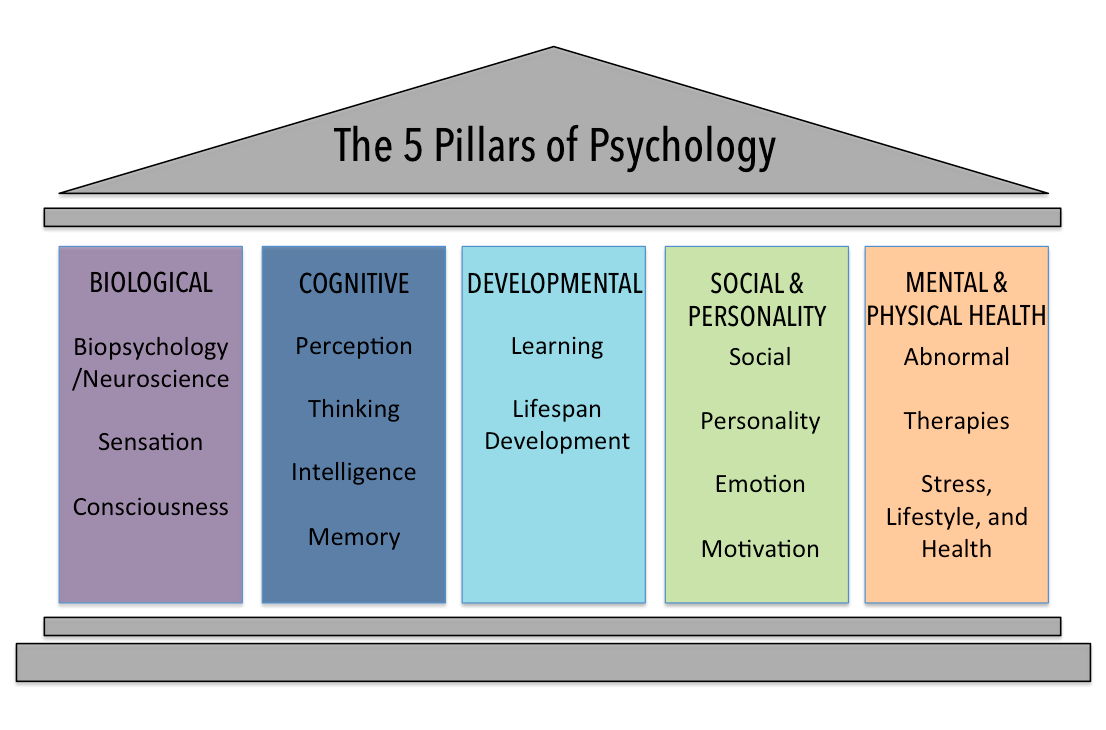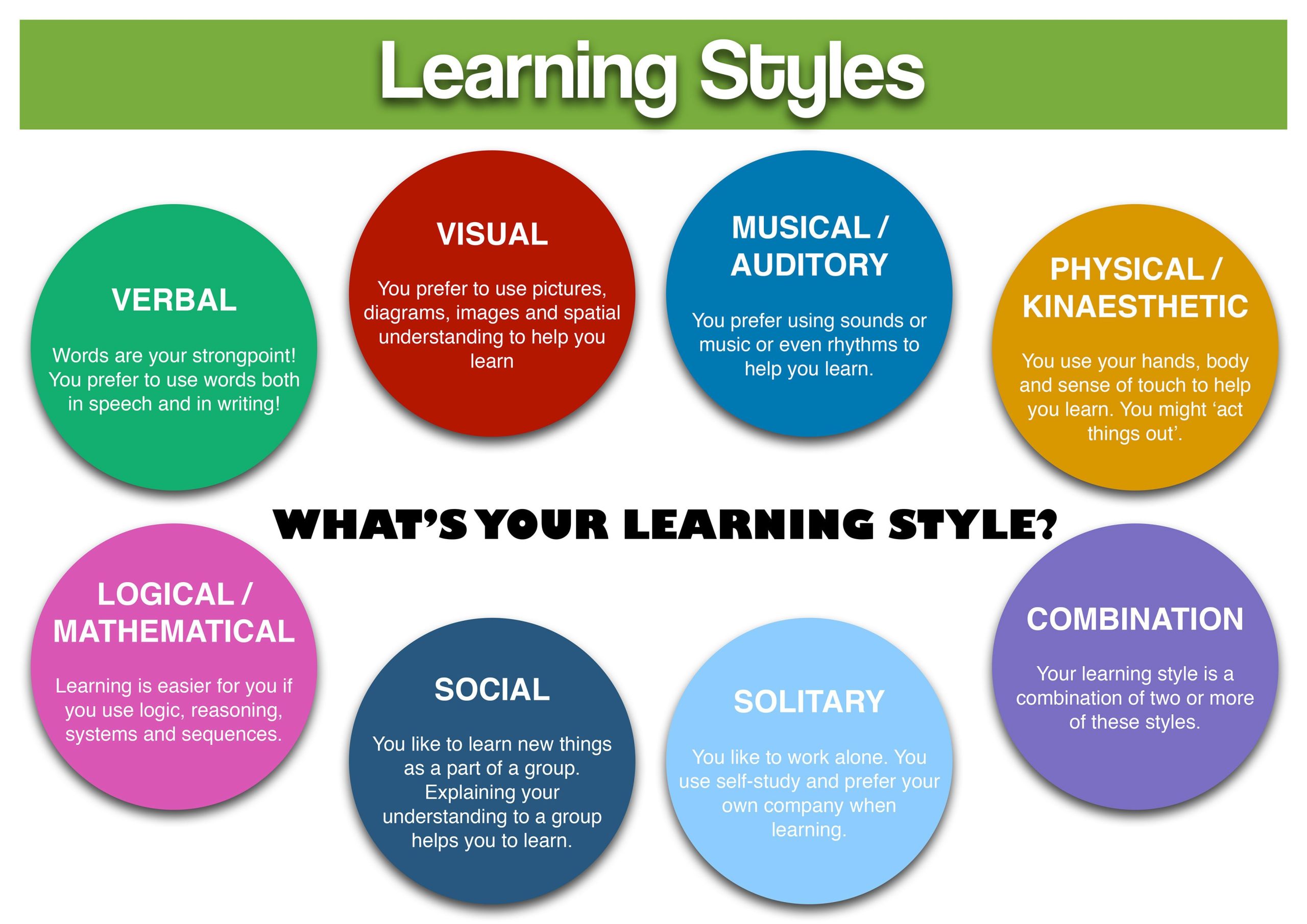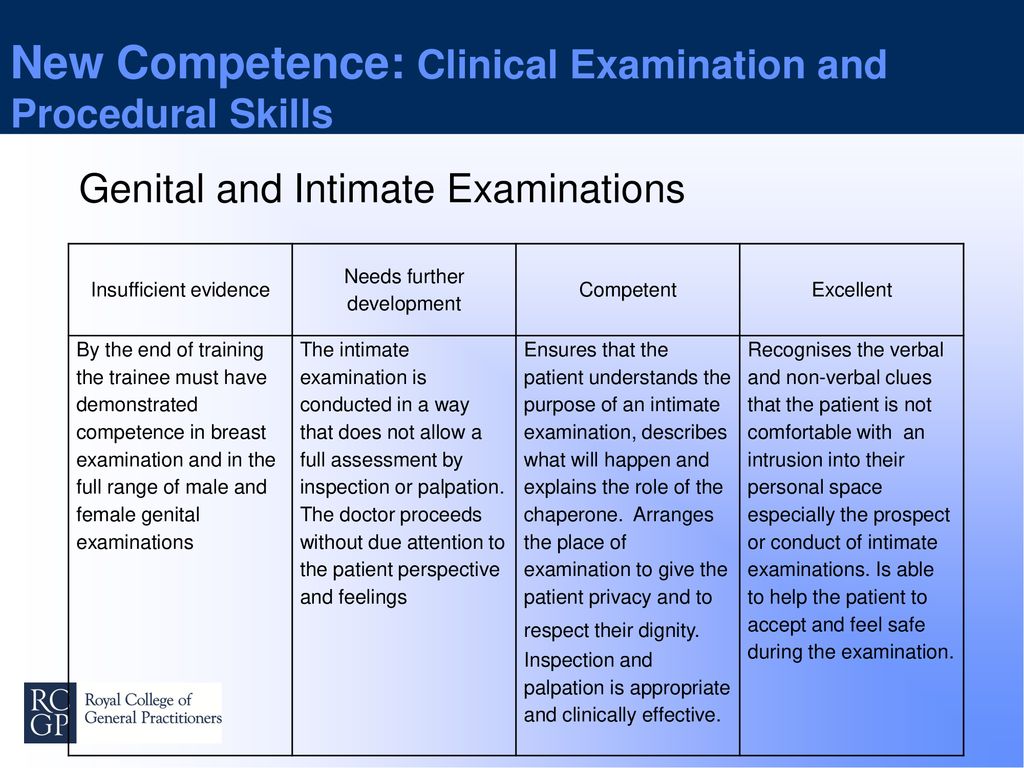 The Main Problems in the Psychological Adaptation of Students in the First Year of Study – Psych Times.
The Main Problems in the Psychological Adaptation of Students in the First Year of Study – Psych Times.
Pressure to perform academically and meet high expectations
Entering college or university is an exciting yet challenging phase in a student’s life. The transition from high school to higher education comes with a multitude of changes, both academically and socially. Amongst these changes, one of the main problems that students face during their first year of study is the pressure to perform academically and meet high expectations.
The expectations placed upon students, whether self-imposed or societal, can be overwhelming. From the moment they step foot on campus, students are bombarded with the idea that their college experience must be nothing short of exceptional. The pressure to excel academically becomes a constant burden, often leading to stress, anxiety, and even burnout. This relentless pursuit of perfection can take a toll on students’ mental health, making it difficult for them to adapt to their new academic environment.
Moreover, the competitive nature of higher education intensifies the pressure to perform. Students find themselves surrounded by peers who are equally driven and ambitious, further fueling the need to meet high expectations. This creates a toxic cycle where students constantly compare themselves to others, fostering feelings of inadequacy and self-doubt. The fear of falling behind or not achieving the same level of success as their classmates adds an additional layer of stress to an already challenging transition.
In addition to academic pressures, students often struggle with the social aspect of their first year. For many, it is the first time they are living away from home, leaving behind their familiar support system. This sudden change, combined with the need to make new friends and adjust to a different social dynamic, can be daunting. Feelings of loneliness, homesickness, and social anxiety are common hurdles that students face during this time. The difficulty in establishing meaningful connections and finding a sense of belonging can negatively impact their overall well-being and psychological adaptation.
Furthermore, the increased workload and higher level of independence in college or university can overwhelm students who have never experienced such demands before. The transition from a structured high school environment to a more self-directed learning style can be challenging to navigate. Time management, organization, and study skills become crucial factors in a student’s success. However, many students struggle to adapt, leading to feelings of frustration and a sense of being overwhelmed.
To address these challenges, educational institutions should prioritize the mental well-being of their students. Offering comprehensive support systems, such as counseling services, mentorship programs, and academic resources, can help students manage the pressures they face during their first year. Encouraging open discussions about mental health and providing resources for stress management can also play a significant role in fostering a supportive and inclusive environment.
In conclusion, the pressure to perform academically and meet high expectations is one of the main problems that students encounter during their first year of study. The transition to higher education brings about various challenges, both academically and socially, that can impact a student’s psychological adaptation. By recognizing these difficulties and implementing supportive measures, educational institutions can ensure that students have the necessary tools to thrive during this critical phase of their lives.
The Main Problems in the Psychological Adaptation of Students in the First Year of Study – Psych Times
Starting college is an exciting and transformative period in a student’s life. It signifies newfound independence, academic growth, and the opportunity to explore new interests. However, this transition can also bring about various challenges, especially in terms of psychological adaptation. Students often face difficulties in adjusting to their new environment, navigating social dynamics, and forming meaningful connections. In this article, we will delve into some of the main problems that students encounter during their first year of study, particularly focusing on social isolation and the difficulty of making new friends.
Social isolation is a prevalent issue among students during their initial year in college. Many factors contribute to this feeling of seclusion, such as being away from home, unfamiliar surroundings, and a lack of established social networks. The absence of familiar faces and support systems can leave students feeling adrift and disconnected from their peers. Additionally, the pressure to fit in and establish new friendships can be overwhelming, leading to heightened feelings of loneliness and isolation.
Moreover, the difficulty of making new friends compounds this sense of social isolation. In a college environment, students are often thrust into situations where they must form new connections, whether it be in class, residence halls, or extracurricular activities. However, for some individuals, approaching new people and initiating conversations can be incredibly daunting. This difficulty can stem from various factors, such as shyness, social anxiety, or simply feeling out of place in a new environment. As a result, students may struggle to build the support networks necessary for a healthy and fulfilling college experience.
It is essential to recognize the detrimental impact that social isolation and difficulty making new friends can have on a student’s psychological well-being. Feelings of loneliness and alienation can lead to increased stress, anxiety, and even depression. Academic performance may also suffer as students struggle to focus and engage in their studies. Recognizing and addressing these challenges is crucial for universities and colleges to ensure the holistic development and success of their students.
To tackle these issues, educational institutions must prioritize creating supportive and inclusive environments. Offering orientation programs and social events specifically designed for incoming students can significantly aid in the process of social integration. Furthermore, providing access to counseling services and support groups can help students navigate the emotional challenges associated with adapting to college life. By fostering a sense of community and providing resources for social and psychological well-being, universities can empower students to overcome the obstacles they face during their first year.
In conclusion, the psychological adaptation of students in their first year of study is a complex process that brings forth various challenges. Social isolation and difficulty making new friends are among the primary issues faced by students during this critical period. By understanding and addressing these challenges, educational institutions can create a nurturing environment that supports the holistic development and well-being of their students. Through proactive measures, universities can ensure that students not only thrive academically but also form meaningful connections and enjoy a fulfilling college experience.
Homesickness and adjusting to a new environment can be one of the main problems faced by students in their first year of study. Moving away from home, family, and friends to an unfamiliar place can cause feelings of sadness, loneliness, and anxiety. These emotions can significantly impact a student’s ability to adapt and succeed academically. It is essential for educational institutions to acknowledge and address these challenges to ensure a smooth psychological adaptation for their students.
The transition from high school to college or university is a significant life change, and it often requires students to live away from their families for the first time. Being in a new environment with unfamiliar faces can be overwhelming, leading to a sense of homesickness. Students may long for the comfort and familiarity of their homes, making it difficult for them to fully immerse themselves in their new academic and social surroundings. These feelings can hinder their ability to form new relationships and engage in campus activities, which are crucial for their personal growth.
Furthermore, adjusting to a new environment involves adapting to a different routine, academic expectations, and lifestyle. The demands of college or university can be overwhelming for students, particularly in the first year when they are still navigating the unfamiliar territory. The pressure to excel academically while also managing newfound independence can be daunting. Students may struggle to balance their time effectively, leading to stress and anxiety. This, in turn, can hinder their ability to concentrate on their studies and perform at their full potential.
Moreover, the first year of study often requires students to adjust to a more rigorous academic curriculum than they experienced in high school. The transition from being a top-performing student in high school to being surrounded by equally exceptional peers can be challenging. Students may face difficulties in keeping up with the academic demands, resulting in self-doubt and a decrease in confidence. These challenges can negatively impact their motivation and hinder their overall psychological well-being.
In addition to academic challenges, social integration plays a vital role in students’ psychological adaptation. Building new relationships and finding a sense of belonging is crucial for their overall well-being. However, navigating social dynamics, forming new friendships, and finding a support system can be overwhelming for some students. The fear of rejection or being judged can prevent them from fully engaging in social activities and can contribute to feelings of isolation and loneliness.
To address these challenges, educational institutions should prioritize providing adequate support systems for students in their first year. This can include orientation programs to help students acclimate to the new environment, peer mentoring initiatives to foster relationships, and counseling services to address any psychological struggles they may face. Additionally, creating a welcoming and inclusive campus culture can help students feel a sense of belonging, reducing the feelings of homesickness and isolation.
In conclusion, homesickness and adjusting to a new environment are significant problems that students often encounter in their first year of study. Educational institutions must recognize these challenges and provide appropriate support to ensure the smooth psychological adaptation of their students. By addressing these issues, students can thrive academically, emotionally, and socially, making their first year of study a successful and fulfilling experience.
Coping with increased workload and time management challenges is one of the main problems that students face during their first year of study. The transition from high school to college brings with it a significant increase in academic responsibilities and demands. Students often find themselves overwhelmed by the amount of coursework and assignments they need to complete. This sudden surge in workload can leave them feeling stressed, anxious, and unsure of how to effectively manage their time.
One of the key reasons why this problem arises is that students are not adequately prepared for the rigorous academic demands of college. In high school, students are used to having a structured schedule and clear instructions on what needs to be done. However, in college, they are expected to take more initiative and be responsible for their own learning. This shift can be quite challenging, especially for those who are not accustomed to managing their time and prioritizing tasks effectively.
Another factor that contributes to this problem is the lack of proper guidance and support available to students. Many times, students are left to figure out how to manage their workload and time on their own. They may not have access to resources or mentors who can provide them with guidance on effective study strategies or time management techniques. As a result, they may struggle to keep up with their assignments and feel overwhelmed by the pressure to perform well academically.
Furthermore, the increased use of technology and social media can also hinder students’ ability to manage their time effectively. With constant distractions from their smartphones and social networking sites, it can be difficult for students to stay focused on their studies. They may find themselves spending hours browsing the internet or scrolling through their social media feeds instead of working on their assignments. This lack of self-discipline and time management skills can have a detrimental impact on their academic performance and overall psychological well-being.
To address these challenges, it is crucial for students to develop effective time management strategies and seek support when needed. Universities and colleges should provide students with resources and workshops on time management, study skills, and coping mechanisms for stress. Additionally, faculty members can play a crucial role in helping students navigate their first year by providing guidance and support. This can be done through regular check-ins, encouraging open communication, and offering academic assistance when necessary.
In conclusion, coping with increased workload and time management challenges is a significant problem that students face during their first year of study. This transition can be overwhelming, but with proper guidance and support, students can develop effective strategies to manage their workload and prioritize their tasks. By addressing this issue, universities and colleges can better support the psychological adaptation of students, ensuring their success in their academic journey.
The Main Problems in the Psychological Adaptation of Students in the First Year of Study – Psych Times.
Managing stress and mental health issues
Starting college or university can be an exciting time for students, but it can also bring about a range of challenges. The transition from high school to higher education can be overwhelming, leading to various psychological issues that students may face during their first year of study. One of the main problems that students encounter is managing stress and mental health issues.
The pressure to succeed academically, make new friends, and adjust to a new environment can create immense stress for students. Many students find it difficult to cope with the increased workload and the expectations placed upon them. This excessive stress can lead to anxiety, depression, and other mental health issues. Moreover, the competitive nature of college or university can exacerbate these problems, as students constantly compare themselves to their peers, causing feelings of inadequacy and self-doubt.
To address these issues, universities and colleges should prioritize mental health support services. Providing accessible counseling services and resources can be instrumental in helping students manage their stress and mental health. Additionally, establishing peer support networks and mentorship programs can create a sense of community and belonging, reducing feelings of isolation and anxiety.
Furthermore, it is crucial for students to develop healthy coping mechanisms to navigate the challenges they encounter during their first year of study. Engaging in regular physical exercise, practicing mindfulness and meditation, and maintaining a balanced lifestyle can greatly contribute to their mental well-being. Encouraging students to prioritize self-care and teaching them effective stress management techniques can empower them to overcome the obstacles they face.
In addition to individual efforts, fostering a supportive and inclusive campus culture is essential. Universities and colleges should promote understanding and empathy among students, encouraging open conversations about mental health. By normalizing discussions around psychological well-being, students can feel more comfortable seeking help and support from their peers and faculty members.
Lastly, raising awareness about the psychological challenges faced by students in their first year of study is crucial. Educating students, parents, and faculty members about the common issues and potential solutions can help reduce stigma and increase empathy. Workshops, seminars, and awareness campaigns can play a significant role in creating a more supportive and understanding environment on campus.
In conclusion, the psychological adaptation of students in the first year of study can be a challenging process. Managing stress and mental health issues is one of the key problems that students face during this period. By prioritizing mental health support services, promoting healthy coping mechanisms, fostering a supportive campus culture, and raising awareness, universities and colleges can better equip students to navigate the challenges they encounter and ensure a more positive and successful transition into higher education.


